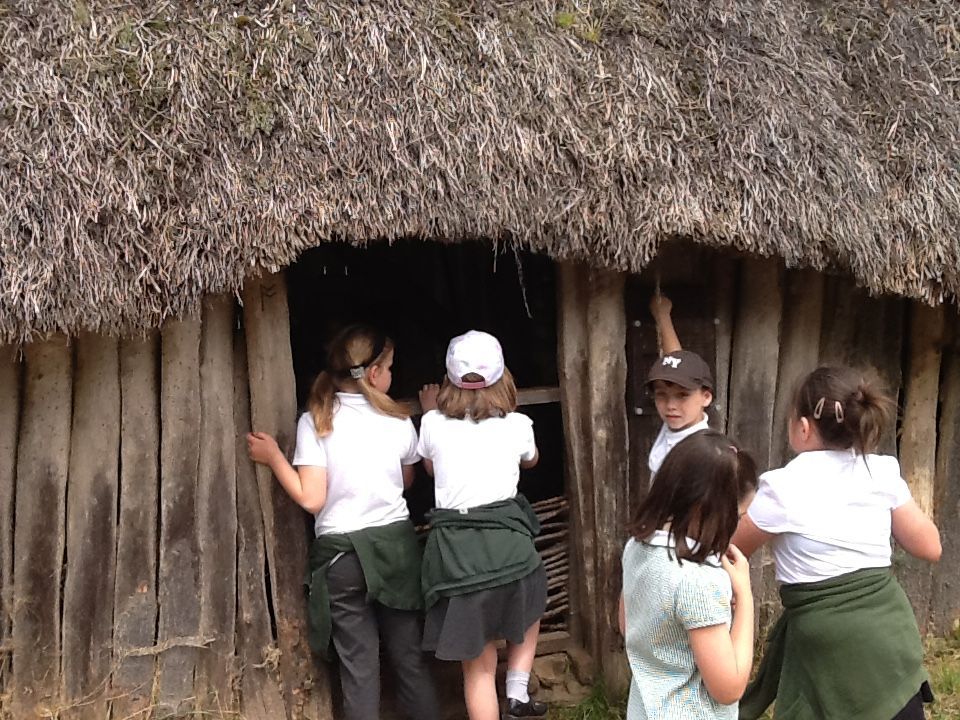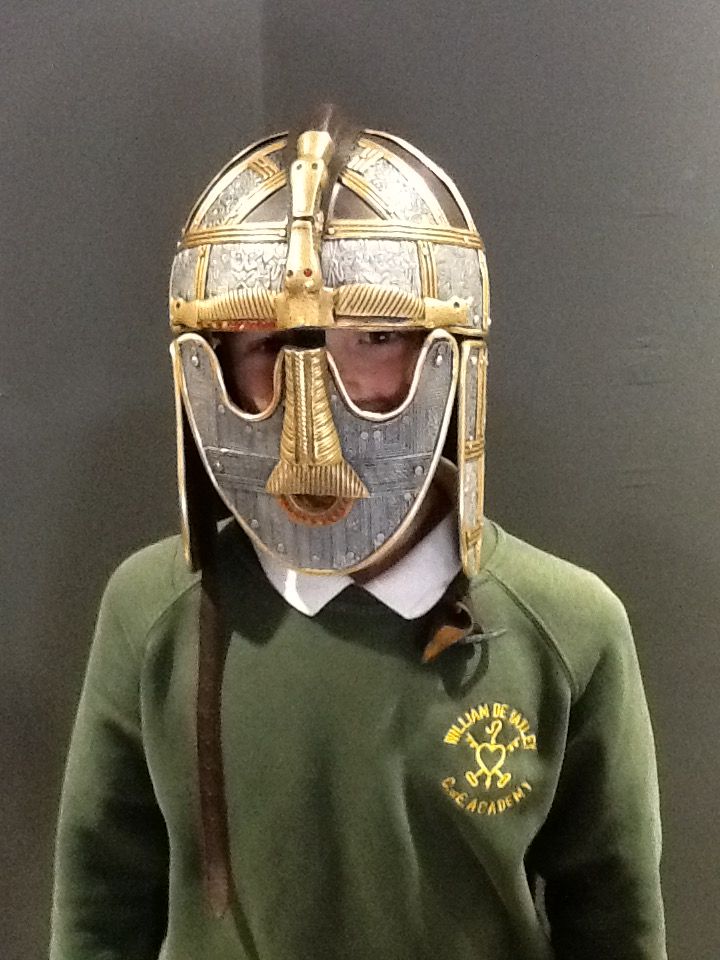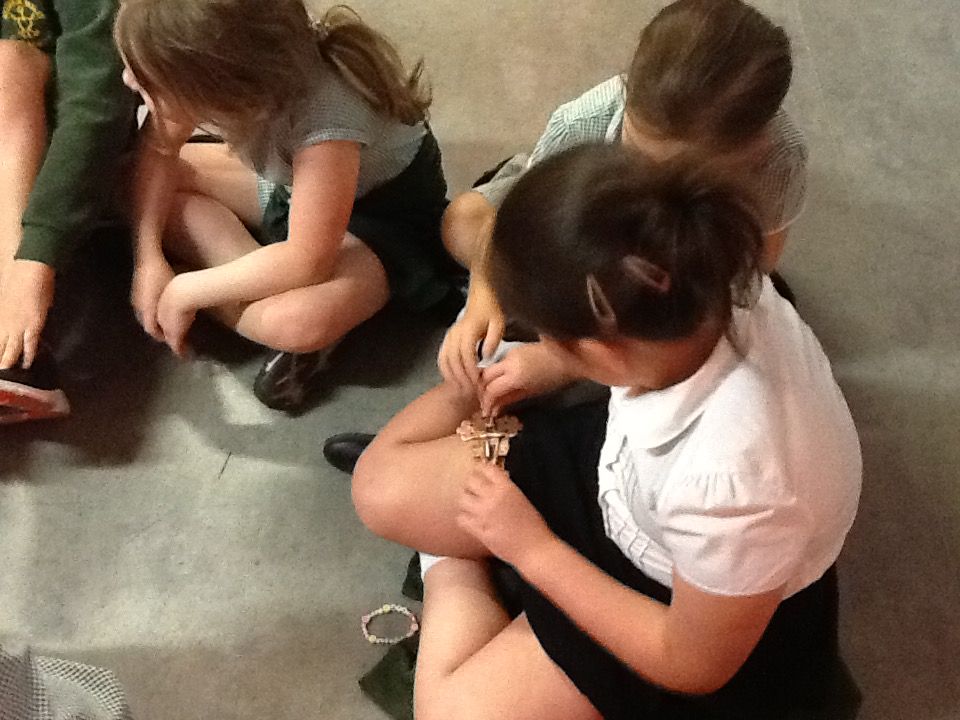
History
History
The Intent of the History curriculum at William De Yaxley is to fulfil the requirement of the 2014 Primary National Curriculum and to be accessible to all.
Our aim is to bring history to life by immersing children in unique, memorable learning experiences both in school and on exciting educational visits linked to the topic areas they study. From these, the children will gain a real understanding of their place in history and of when events happened in relation to each other. Every child can develop their own enquiry skills as historians in order to find out about the past. We want our children to discover how people lived in the past, comparing this to modern life and to know the impact this has had on modern life.
Implementation
The Primary Knowledge Curriculum (PKC) history curriculum is being embedded within our school. This has been designed to be both knowledge-rich and coherently sequenced. Knowledge, in the realm of history, means not only substantive knowledge of historical events, dates and people in the past, but also knowledge of substantive concepts in history (such as ‘empire’, ‘monarchy’ and ‘civil war’), and disciplinary historical concepts (such as evidence, causation, significance and interpretation).
The PKC history curriculum allows children to develop a chronologically secure knowledge and understanding of local, British and world history. The substantive knowledge taught in the curriculum has been carefully chosen and sequenced using a largely chronological approach. Each unit of work is not viewed as a stand-alone topic, but as a chapter in the story of the history of Britain and the wider world. In this sense, the chronological approach provides a solid framework, anchoring each unit within a wider narrative. Understanding in history requires an understanding of causation. Children will understand the causes of significant national and global events, (such as World War I), when they have some background knowledge of what happened before (such as the origins and growth of European empires, including the British Empire).



